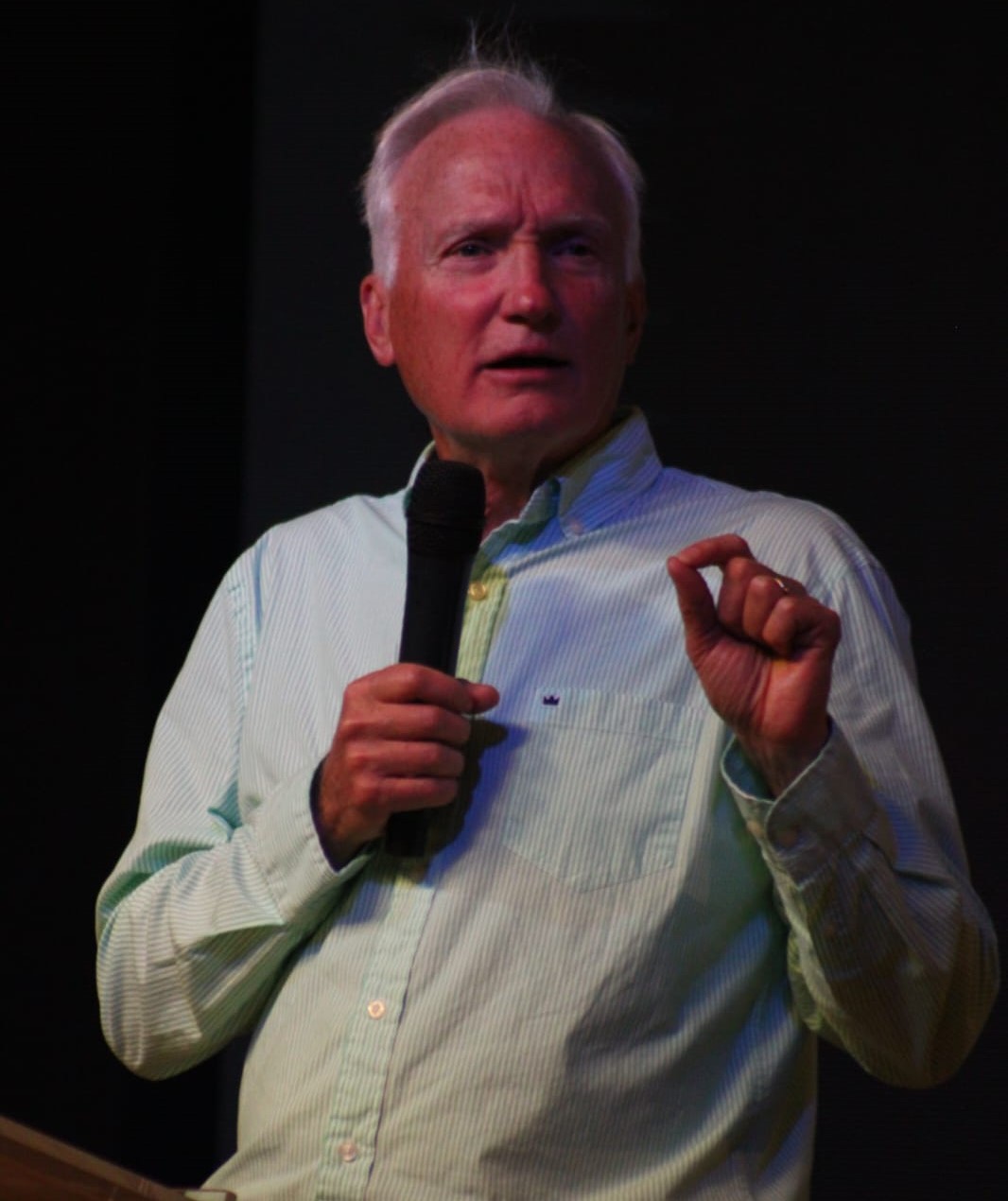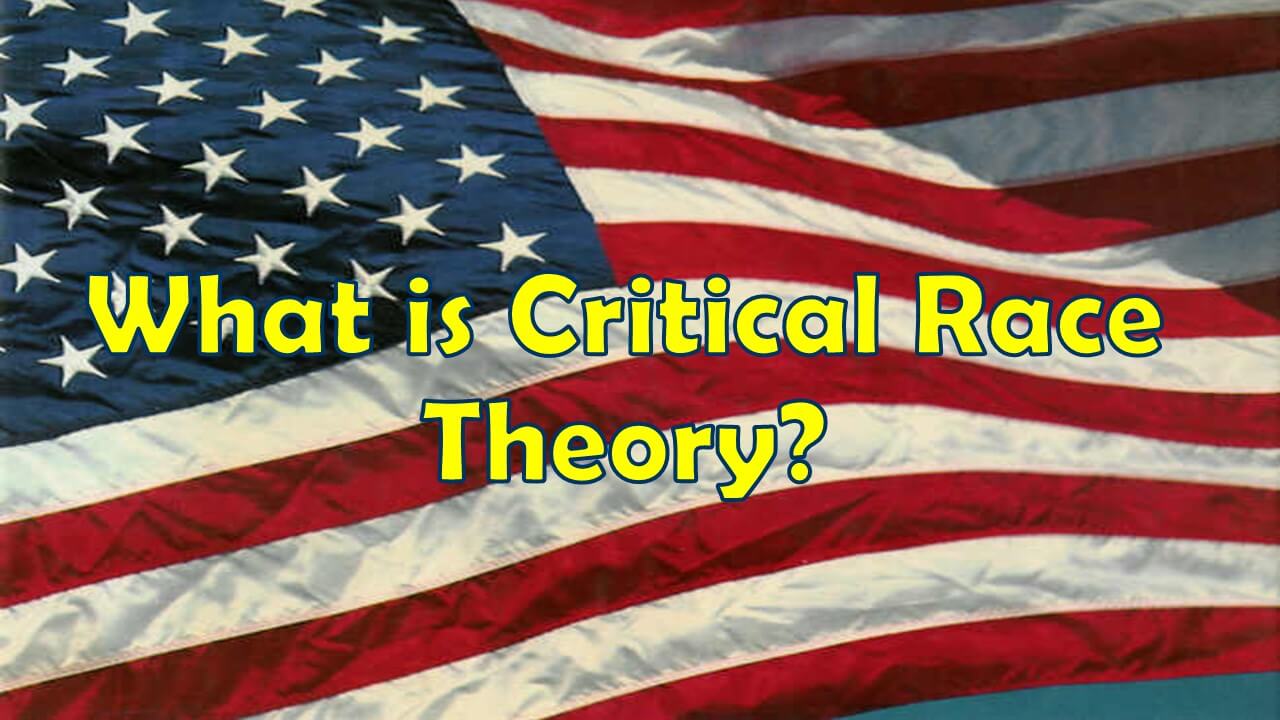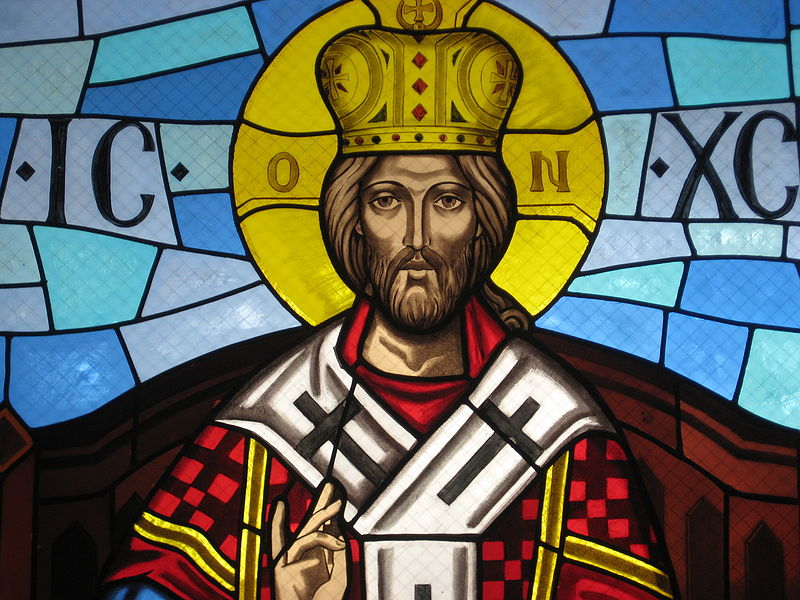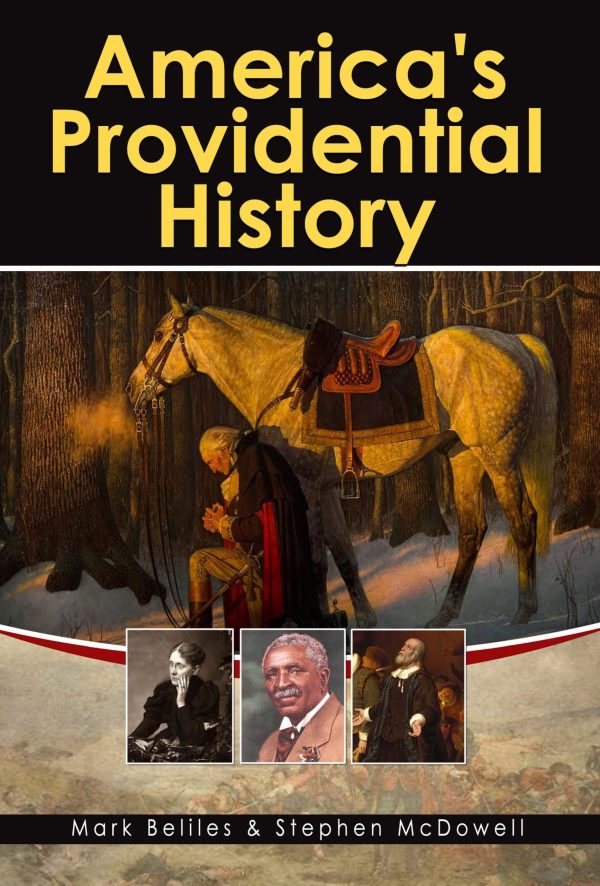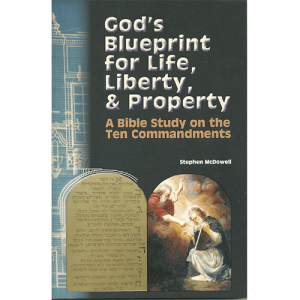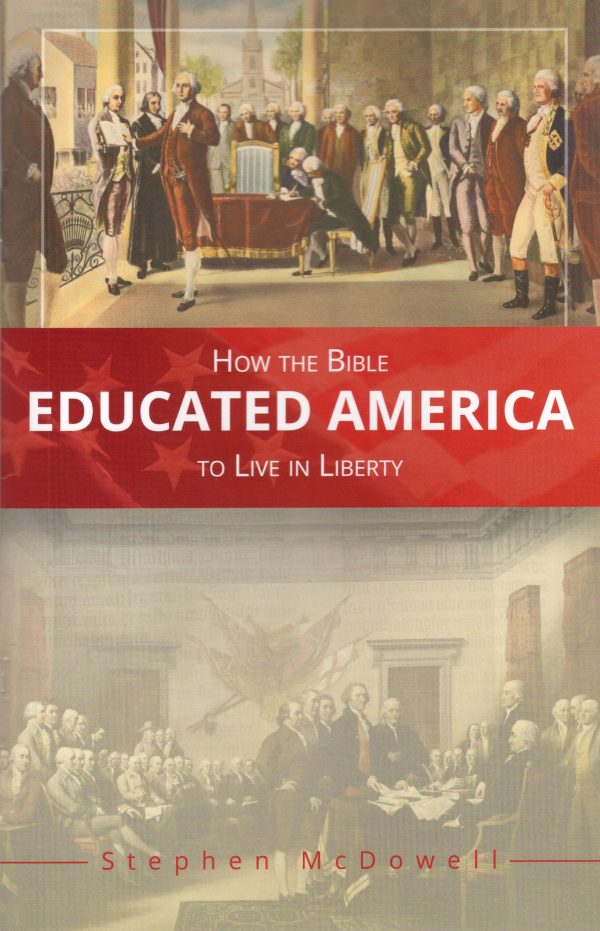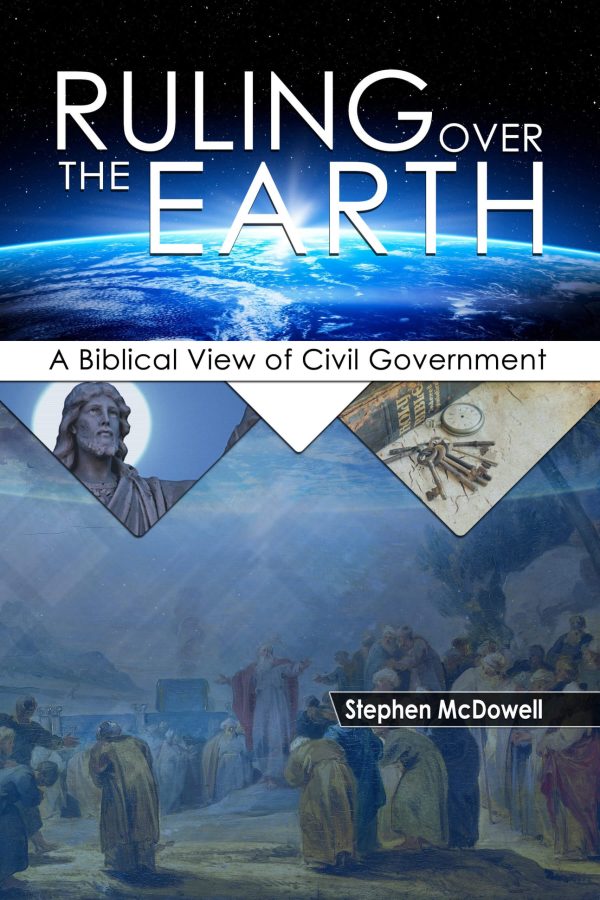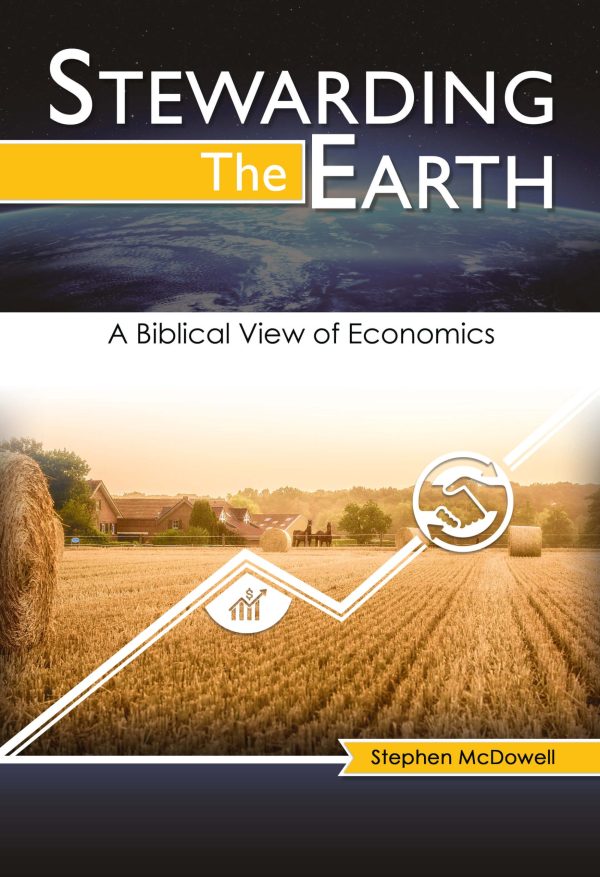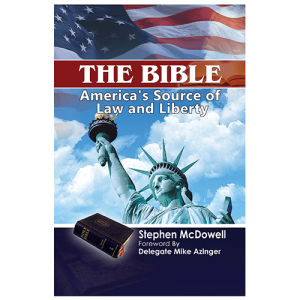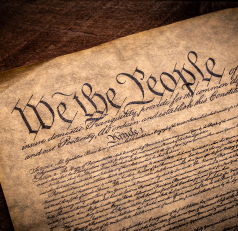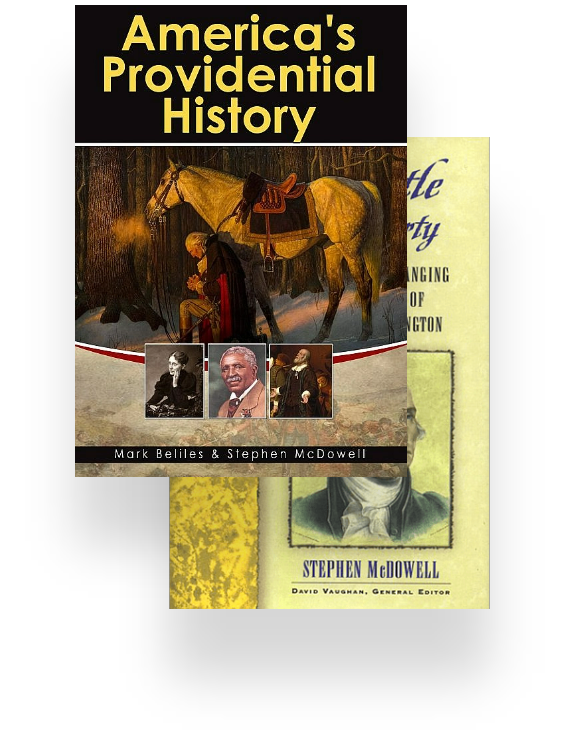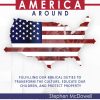Home
WELCOME TO PROVIDENCE FOUNDATION
Transforming Culture
for Christ: Training
Leaders, Discipling
Nations.
The Providence Foundation is a Christian educational organization whose mission is to train and network leaders to transform their culture for Christ, and to teach all citizens how to disciple nations.
Shop Our Books
-
Sale!
America’s Providential History (Revised and Expanded)
Original price was: $24.95.$21.95Current price is: $21.95. Add to cart Buy Now -
God’s Blueprint for Life, Liberty, & Property: A Bible Study on the Ten Commandments
$9.95 Add to cart Buy Now -
Sale!
How the Bible Educated America to Live in Liberty
Original price was: $8.95.$6.95Current price is: $6.95. Add to cart Buy Now -
Sale!
Ruling Over the Earth: A Biblical View of Civil Government
Original price was: $19.95.$17.95Current price is: $17.95. Add to cart Buy Now -
Sale!
Stewarding the Earth, A Biblical View of Economics
Original price was: $21.95.$19.95Current price is: $19.95. Add to cart Buy Now -
The Bible: America’s Source of Law and Liberty
$15.95 Add to cart Buy Now
Podcast
America’s Providential History
with Stephen McDowell
God watches over His creation and directs the course of mankind to fulfill His purposes. Any view of history that denies His Providence is not true history at all. This weekly podcast presents the real story of America by exploring the hand of God in our history.
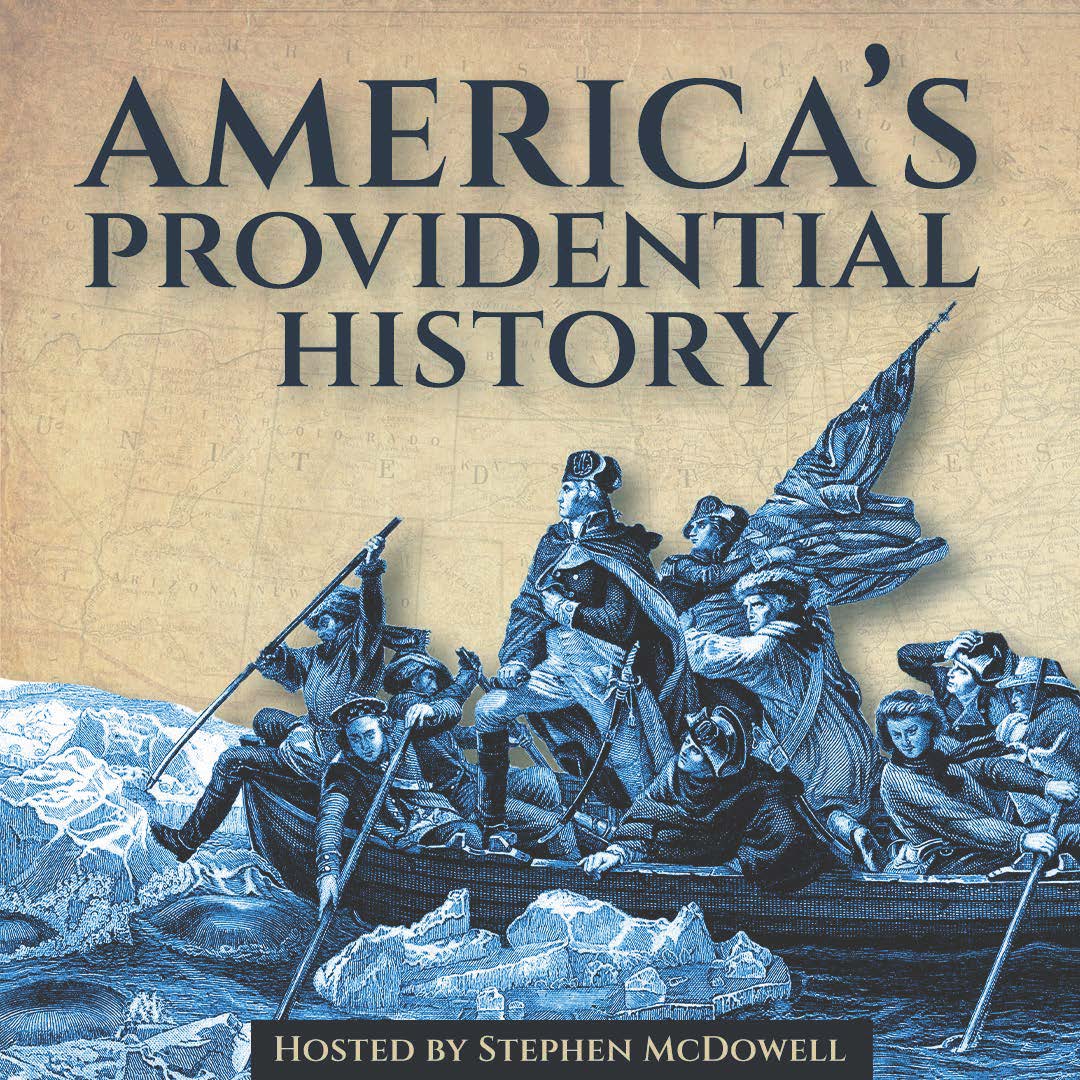
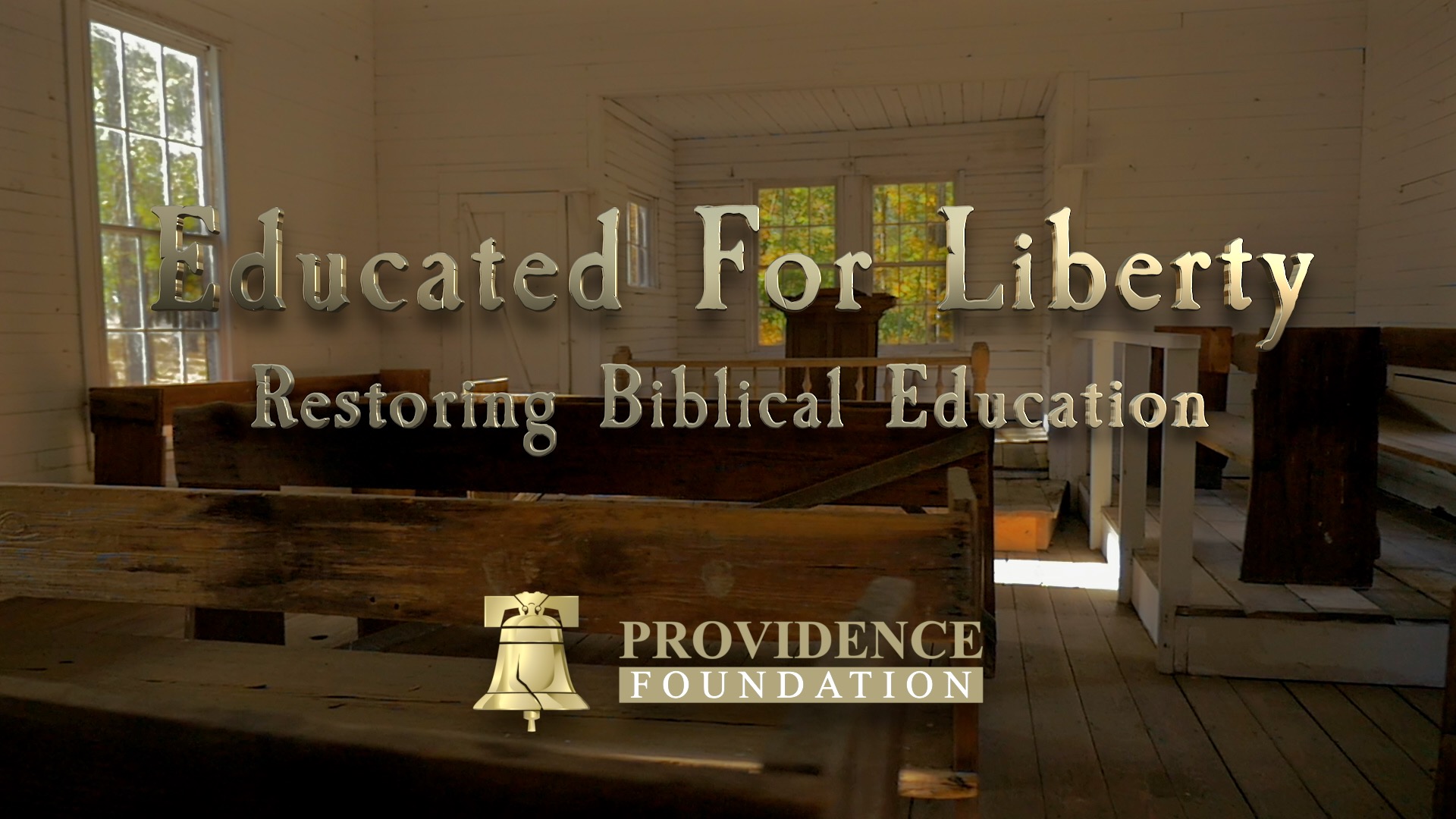
Film
Educated for Liberty
Restoring Biblical Education
Educated for Liberty explores how home-centered biblical education produced the free and flourishing nation of America, while secular education has led to great moral and academic decline. Restoring biblical education is the solution to our loss of liberty and excellence.
PF UNIVERSITY
Be Empowered by Our Courses
The courses offered by the Providence Foundation Biblical Worldview University (BWU) are designed to equip leaders of education, business, and politics to transform their culture for Christ, and to train all citizens how to disciple nations.
DONATE
Advance Providence Foundation
Support Providence Foundation today! Choose Minuteman, Patriot, or Founder level and make a monthly impact. Or select ‘Custom’ to contribute now. Join us in shaping our nation’s future
An Urgent Call for Biblical Renewal in the Nations
Jesus’ call to disciple nations, echoed by Matthew Henry, emphasizes integrating biblical values into society. Personal revival sparks individual change, while historical revivals transform communities. Neglect risks societal decline. God’s mandate spans governance, education, media, politics, business, family, and church, requiring equipping individuals with biblical wisdom to spread a biblical worldview.

VIDEOS


